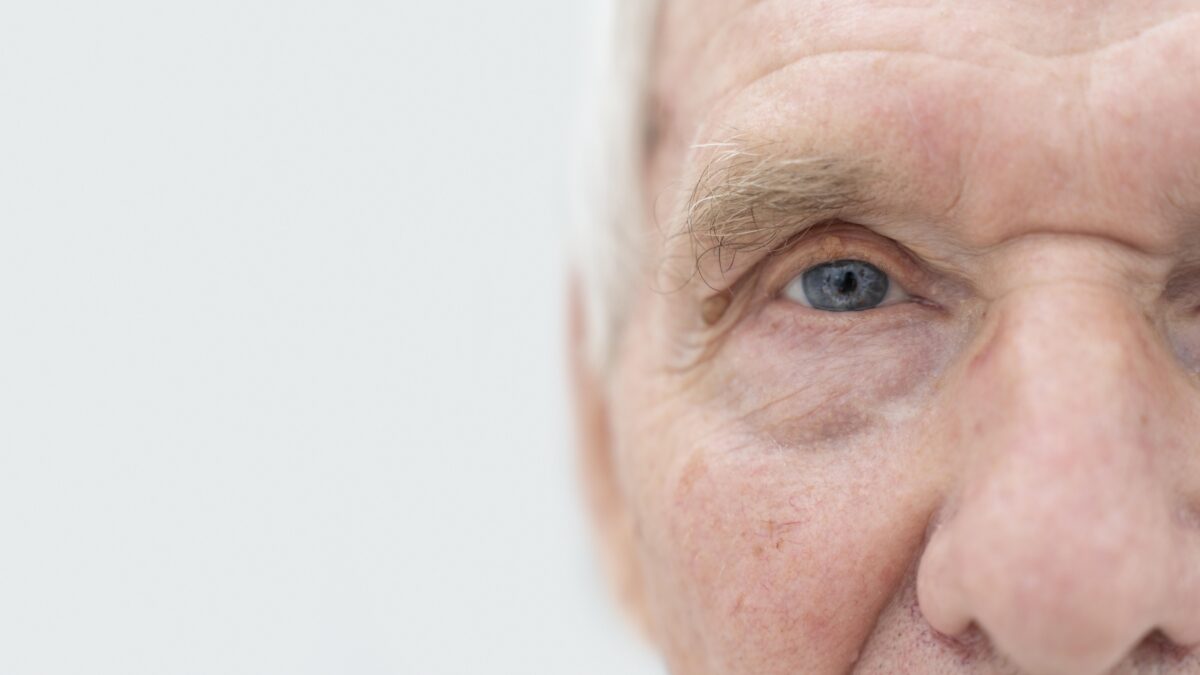Have you noticed your vision becoming cloudy, dim, or yellowish lately? Do you find it difficult to read, drive at night, or recognize faces clearly? These could be early signs of cataract, a common yet completely treatable eye condition.
Cataracts are one of the leading causes of vision loss among older adults. But the good news is, modern cataract treatment has evolved tremendously, allowing patients to regain crystal-clear vision quickly and safely.
If you’re in Kerala and searching for an experienced cataract specialist in Thrissur, you’re in the right place. With advanced technology and compassionate care, trusted institutions like Dr. Rani Menon Maxivision Eye Hospital have helped thousands rediscover the joy of clear sight.
Let’s explore how cataract develops, what modern treatment options exist, and why choosing the best cataract specialist in Thrissur can make all the difference in restoring your vision.
What Is a Cataract and Why Does It Happen?
A cataract occurs when the natural lens of your eye becomes cloudy, making it difficult for light to pass through clearly. The result? Blurred or foggy vision, as if you’re looking through a misted-up window.
While cataracts are mostly age-related, other factors can accelerate their formation, such as:
- Diabetes
- Long-term exposure to sunlight (UV rays)
- Smoking
- Eye injuries or trauma
- Use of certain medications like steroids
- Family history of cataracts
Cataracts can develop slowly, and you might not notice changes at first. But over time, tasks like reading, driving, or using a computer can become challenging.
Common Symptoms of Cataract
Knowing the warning signs can help you seek treatment early. Visit a cataract specialist in Thrissur if you experience any of these symptoms:
- Blurred, cloudy, or foggy vision
- Difficulty seeing at night
- Sensitivity to light or glare
- Faded or yellowed colors
- Frequent changes in eyeglass prescription
- Double vision in one eye
Early consultation ensures that your ophthalmologist can monitor the cataract’s progression and recommend the right time for surgery.
Modern Cataract Treatment: Safe, Quick, and Effective
Gone are the days when cataract surgery meant long hospital stays and painful recovery. Thanks to technological advancements, it’s now one of the safest and most successful eye surgeries in the world.
At leading eye hospitals like Dr. Rani Menon Maxivision Eye Hospital, cataract surgery is performed using advanced techniques such as:
- Phacoemulsification (Phaco Surgery)
This is the most common and effective cataract removal method. Using ultrasonic vibrations, the cloudy lens is gently broken down and replaced with a clear, artificial intraocular lens (IOL).
An even more precise and bladeless approach, this advanced technique uses laser technology for superior accuracy and faster recovery.
- Premium Intraocular Lenses (IOLs)
Patients can now choose from a variety of lenses, including monofocal, multifocal, or toric, depending on their visual needs and lifestyle. These lenses can also correct refractive errors like nearsightedness, farsightedness, or astigmatism.
Why Consulting a Cataract Specialist in Thrissur Matters
While cataract surgery is common, it’s still a delicate procedure requiring experience, precision, and personalized care. Choosing the right specialist ensures the best results and peace of mind.
Here’s why consulting an expert is crucial:
- Accurate Diagnosis and Evaluation
A cataract specialist in Thrissur uses advanced diagnostic equipment like slit-lamp microscopy and optical biometry to evaluate the stage of your cataract and the best surgical plan for you.
- Personalized Lens Selection
Every patient’s visual needs are different. A skilled surgeon will help you choose the ideal intraocular lens (IOL) to suit your lifestyle—whether you spend hours reading, driving, or working on screens.
- State-of-the-Art Technology
The best cataract specialist in Thrissur combines medical expertise with cutting-edge tools, ensuring safer, quicker, and more comfortable surgeries with minimal complications.
- Exceptional Postoperative Care
Success doesn’t end with surgery. A good specialist follows up regularly to monitor healing, prevent infection, and fine-tune your visual outcome.
Dr. Rani Menon Maxivision Eye Hospital: A Trusted Name in Cataract Care
When it comes to cataract treatment, Dr. Rani Menon Maxivision Eye Hospital in Thrissur stands as a beacon of excellence. Here’s what makes it one of the most preferred centers for cataract surgery in Kerala.
- Experienced Cataract Specialists
Led by Dr. Rani Menon and a team of qualified ophthalmologists, the hospital has treated countless cataract patients with consistently excellent outcomes. The specialists here are known for their skill, precision, and patient-centered approach.
- Advanced Surgical Technology
The hospital is equipped with the latest phacoemulsification systems and laser platforms. Every procedure is performed with sterile, world-class protocols that prioritize safety and comfort.
- Wide Range of Lens Options
Patients can choose from premium IOLs tailored to their visual requirements. The doctors ensure you understand every option before making a decision.
- Holistic Eye Care Under One Roof
Apart from cataract care, the hospital offers treatments for diabetic retinopathy, glaucoma, squint, refractive errors, and pediatric eye conditions, making it one of the most comprehensive eye care centers in Kerala.
- Compassionate Care and Transparency
Dr. Rani Menon Maxivision Eye Hospital, combines expertise with empathy. Every patient receives individual attention, clear communication, and honest guidance about treatment options.
It’s no surprise many locals consider it home to the best cataract specialist in Thrissur.
Benefits of Advanced Cataract Surgery
Modern cataract surgery isn’t just about removing a cloudy lens; it’s about restoring quality of life. Patients often report:
- Sharper, brighter vision
- Better color perception
- Reduced dependence on glasses
- Improved night vision
- Renewed confidence and activity levels
In most cases, patients resume normal activities within a few days. And with advanced lens technology, some even experience better vision than they had before cataract formation.
Life After Cataract Surgery: What to Expect
Recovery from cataract surgery is smooth and fast, especially under professional care. Here’s a quick look at what patients can expect:
- Same-day discharge: Most surgeries are done on an outpatient basis.
- Mild discomfort for a day or two: Temporary irritation or watering is normal.
- Eye drops for healing: Prescribed antibiotic and anti-inflammatory drops help prevent infection.
- Follow-up visits: Regular checkups ensure proper recovery and stable vision.
Following your doctor’s advice, avoiding heavy lifting, protecting your eyes from dust, and using medications as directed, ensures lasting results.
Who Is the Best Cataract Specialist in Thrissur?
If you’re searching for the best cataract specialist in Thrissur, look for someone who combines technical skill with compassionate care. At Dr. Rani Menon Maxivision Eye Hospital, patients benefit from:
- Highly experienced surgeons with years of proven success
- Latest laser-assisted cataract technology
- Tailored solutions for every eye condition
- Transparent, ethical medical advice
- Excellent postoperative outcomes and patient satisfaction
This reputation for excellence has made the hospital a trusted name in both Thrissur and across Kerala.
Conclusion: See the World Clearly Again
Cataract doesn’t have to mean the end of clear vision; it’s merely a fog waiting to be lifted. With expert care, modern technology, and the right specialist, your sight can be restored better than ever.
If you or your loved one is experiencing cloudy or blurred vision, don’t delay. Visit Dr. Rani Menon Maxivision Eye Hospital and consult an experienced cataract specialist in Thrissur.



